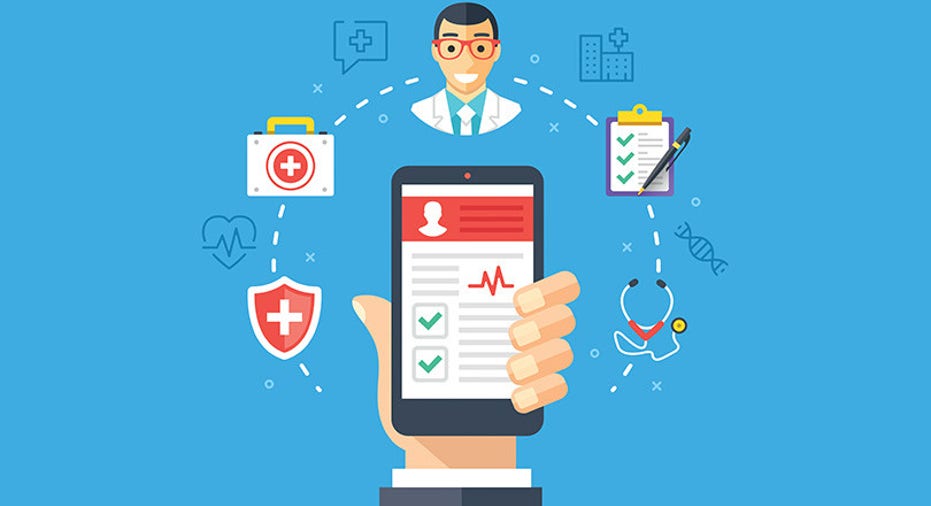This App Brings the Power of AI to Doctors in the Developing World

Artificial intelligence is a fascinating but not particularly accessible technology. Project DataREACH, currently in trial mode in Cameroon, wants to change that by giving doctors in all corners of the globe access to advanced AI to help diagnose illnesses and spot troubling health trends.
"Our goal is to bridge the gap between the medical data now being gathered on the ground in developing nations, and the cutting-edge [AI] research and application...from the West," Project DataREACH founder and CEO Vikash Singh told PCMag.
Singh's app allows clinicians to collect patient data like height, weight, blood pressure, cholesterol, family history, and location. That data is then analyzed via machine learning to assist physicians in evaluating the risk of noncommunicable diseases, including diabetes and cardiovascular issues.
Project DataREACH recently integrated with a machine-learning model for prediction of chronic kidney disease, a big problem in developing nations; it's asymptomatic and many doctors lack the resources to perform diagnostic blood tests. But a low-cost, non-invasive software solution can alert physicians about the potential risk of patients developing it.
A second application is smart surveillance software that provides district-level officials with access to outbreak-detection algorithms to address and contain disease spreads and understand various treatment responses.
"A lot of physicians in African countries had been reading about AI and data science, and were excited to participate in our trial. Our goal was to help them integrate what we've built and use it themselves in their medical practices," Singh said.
Starting Young
PCMag met Singh the University of California, Los Angeles (UCLA), where he is still an undergraduate studying Computational and Systems Biology on a Stamps Leadership scholarship.
"Growing up, both my parents were cancer researchers, so I'd go to their labs frequently, and developed a genuine interest in what they were doing and the potential it had to impact lives," Singh said.
His own cancer research in high school—on the herb Vernonia amygdalina and its effect on breast cancer tumors—led to a research position at the Artificial Intelligence in Medicine (AIM) Lab at Cedars Sinai Medical Center.
"There I focused on simulation-based optimization of model evaluation metrics, as well as deep learning for cardiac disease prediction," explained Singh. "More importantly it's where I developed a passion for building machine-learning applications for healthcare."
Now at UCLA, he's essentially developing an AI as a "lab partner" to further his work. He's also not waiting until he graduates, or even goes into further fields of study, to make a difference.
"I was intrigued by the Stamps Foundation award, because not only does it contribute towards tuition, it also provides a grant of $12,000 for professional R&D purposes. So I set up Project DataREACH, took the funding and went to Guyana, where I had contacts, in the summer of 2015.
"I knew that the developing world was already gathering data, so I presented my ideas on the application of data science in medicine, including machine learning/predictive analytics for risk assessment to their Ministry of Health and National Cancer Institute, as well as academic institutions, medical schools, and hospitals."
After Guyana, Singh moved on to Cameroon, with sponsorship from UCLA's Global Citizens Fellowship. Inspired by the potential for innovation at the intersection of machine learning and molecular biology, Singh has now formalized his research into a private R&D enterprise, DataREACH Labs.
"This will enable us to be ready for future commercialization and licensing of the software platform and IP," explained Singh, "as well as qualify for larger grants to enable us to pursue our work further."
Singh is now planning the next trial in Nigeria, with partners from Songhai Labs. But first: midterms.
This article originally appeared on PCMag.com.



















